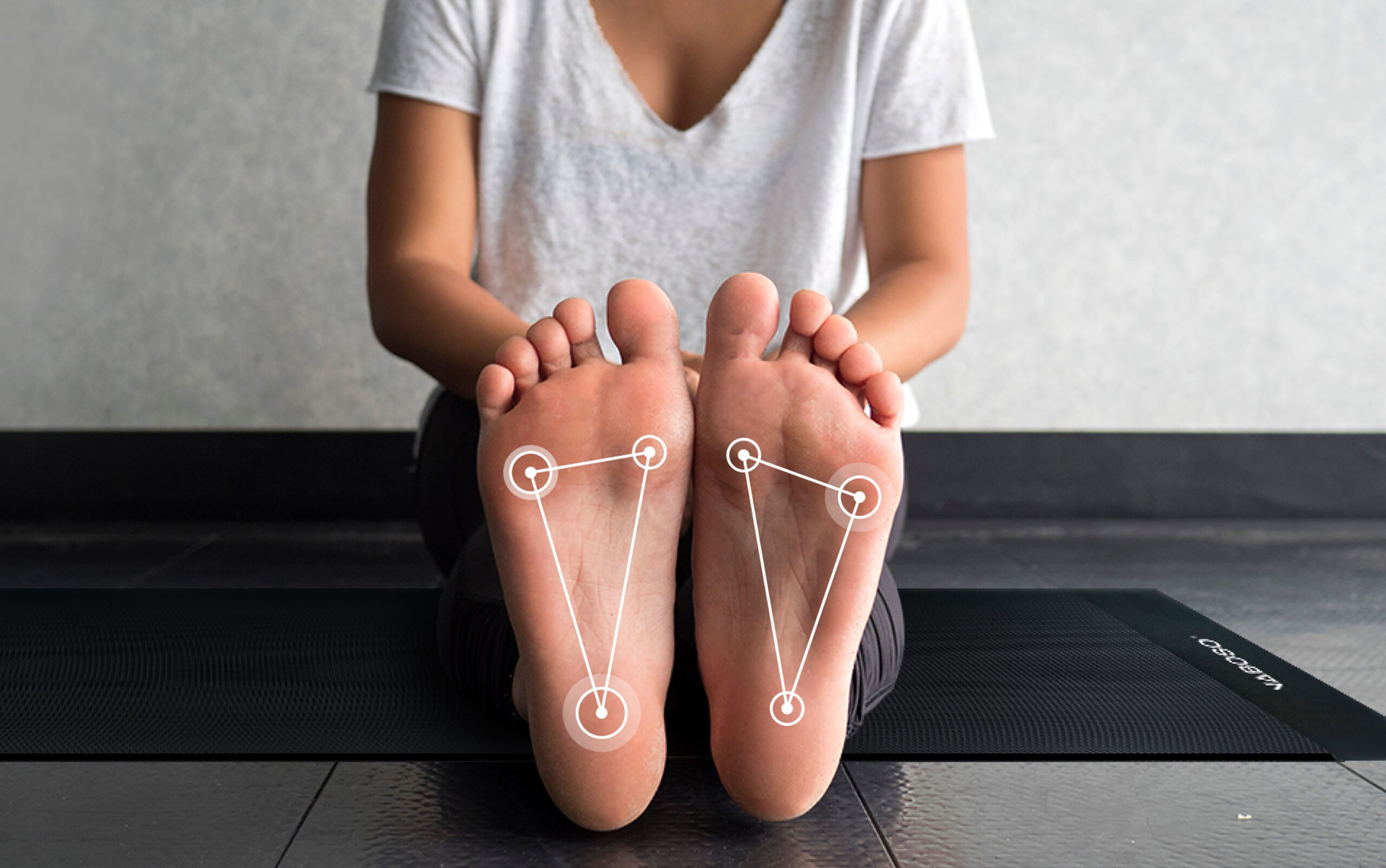Last Updated on June 29, 2022
When was the last time you had a tune-up? Not for your vehicle — for your most continuous source of transportation: your body. June is Men’s Health Month, designated so to highlight that historically most men avoid going to the doctor.
A national survey by the Cleveland Clinic found 72% of men would rather do household chores, like cleaning the bathroom or mowing the lawn, than go to the doctor. According to the survey, 65% of men prefer to try to self-diagnose before going to the doctor which may explain the reason life expectancy for men is at least five years less than it is for women.
One reason women live longer is they are more apt to follow through with preventive screenings, which find issues when they are just beginning. Much like taking your car in for routine checking oil and coolant levels help avoid more severe issues, monitoring blood pressure and cholesterol can help prevent significant heart disease from developing. The CDC reports women are 33% more likely to go to the doctor than men and 100% better at maintaining screenings and preventive care.
Medical Checklist
A men’s preventive health appointment is typically fully covered by insurance, and important because it can reduce the risk of future illness, especially by identifying health problems without obvious symptoms. In addition to blood pressure and cholesterol, what screenings and tests should men 50 and over have?
- Diabetes: Starting at age 45, healthy men should begin diabetes screenings every three years using a fasting blood sugar test, glucose tolerance test or an AIC. For individuals with high cholesterol or blood pressure, testing might begin even earlier.
- Colorectal cancer: men have a slightly higher risk of developing colon or rectal cancer than women, but screenings help find it in the early stages when treatment is most effective. According to the CDC about nine out of every 10 people whose colorectal cancers are found early and treated appropriately are still alive five years later.
- Glaucoma: Men over the age of 65 should be tested every 6-12 months. Glaucoma is treated with eye drops, oral medicine, or surgery (or a combination of treatments) to reduce pressure in the eye and prevent permanent vision loss.
- Prostate Exam: Annual screenings should begin at age 40 for men with a first degree relative who had prostate or breast cancer, African American men with no other risk factors should start
- Skin Cancer: Men are three times more likely to get non-melanoma basal cell and squamous cell skin cancers than women, and older men are more likely than women of the same age to develop the deadly melanoma skin cancer.
- Testicular cancer: The American Cancer Society recommends all men have a testicular exam when they see a doctor for a routine physical. If you have a family history of testicular cancer or an undescended testicle, additional screenings might be needed.
Removing the Stigma
It might be easy to chalk up men’s resistance to the medical profession to shear stubbornness, but there’s also a cultural bias to consider and to work to ending. Over 40% of men say there were taught as children not to complain about health issues. Culturally men are told to be tough and self-sufficient, while needing assistance is seen as weak and not “manly.” Additional reasons men give include not wanting to be judged, as well as feelings of shame and uncomfortableness.
Fear is also a factor. A common excuse that men use for not going to the doctor is they are afraid of finding out something is wrong with them, or that they’ll be required to make significant diet and lifestyle changes.
For the love of family
What does motivate men to take better care of themselves? The Cleveland Clinic survey did find 82% of men do try to stay healthy to live longer for friends and family who rely on them. And apparently persistent requests do work: 19% admitted they go to the doctor to get their significant other or loved one to stop nagging them.
At the doctor’s office
Once you’re at the doctor, it’s important to be honest. Changes in diet or lifestyle or a diagnosis may be scary, but knowledge is power. Like in a car, your tire pressure gauge may be faulty, or you could have a leaky tire. It’s important to know the difference. An honest conversation creates a relationship, opens the channels of communication, and could lead to more options that fit your lifestyle. Additionally, regular visits ensure access to the newest developments in medical research and treatments.
The bottom line…
When it comes to your body, there’s not a new model coming out next year. Invest in the one you have and maintain the one you have, to ensure safe travels throughout your life.
Are you ready to take charge of your health?
You don’t need to be a member
to talk with one of our Florida Blue nurses. They can help you make
a plan to improve your health and answer your health questions. Find your neighborhood Florida Blue Center at FloridaBlue.com or call 1-877-352-5830.
Now’s the time to prioritize your health. Remember, you’re worth it.
This story was created in partnership with Florida Blue.
meQuilibrium is an independent company contracted by Florida Blue to provide health services.
Florida Blue and Florida Blue Medicare are Independent Licensees of the Blue Cross and Blue Shield Association. Florida Blue is a trade name of Blue Cross and Blue Shield of Florida Inc. ©2022 Blue Cross and Blue Shield of Florida, Inc., DBA Florida Blue. All rights reserved.
Y0011_109963 2022_C















